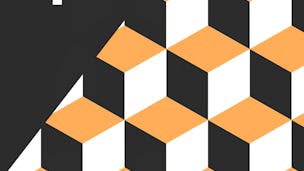Updated in May 2025.
This course now features Coursera Coach! A smarter way to learn with interactive, real-time conversations that help you test your knowledge, challenge assumptions, and deepen your understanding as you progress through the course. Embark on a comprehensive journey into deep learning with Keras through this meticulously crafted course. The course begins with an engaging introduction to creating a multiclass classification model for assessing red wine quality. You'll learn to fetch, load, and prepare data, followed by exploratory data analysis (EDA) and visualization to uncover insights and patterns. As you progress, you'll delve into defining, compiling, fitting, and optimizing your model, ultimately using it for accurate wine quality predictions. Building on this foundation, the course transitions into the fascinating world of digital image processing. You'll explore the basics of digital images, followed by practical sessions on image processing using Keras functions. Advanced techniques such as image augmentation, both single image and directory-based, are covered in detail. The course also introduces Convolutional Neural Networks (CNNs), guiding you through model building, training, and optimization, specifically for flower image classification. The journey doesn't stop there. You'll venture into transfer learning with pre-trained models like VGG16 and VGG19, leveraging their power for enhanced model performance. Practical sessions on utilizing Google Colab's GPU for transfer learning ensure you gain hands-on experience in modern deep learning workflows. By the end of this course, you'll have a robust understanding of applying Keras to real-world problems, from data preprocessing to model deployment. This course is ideal for data scientists, machine learning engineers, and technical professionals with a basic understanding of Python programming and machine learning concepts. No prior experience with Keras is required, though familiarity with neural networks and deep learning frameworks will be beneficial.

















